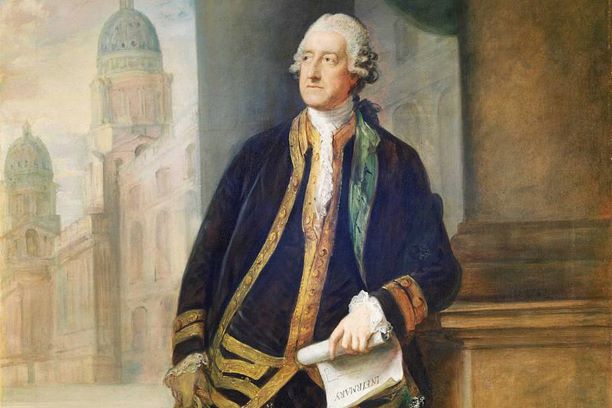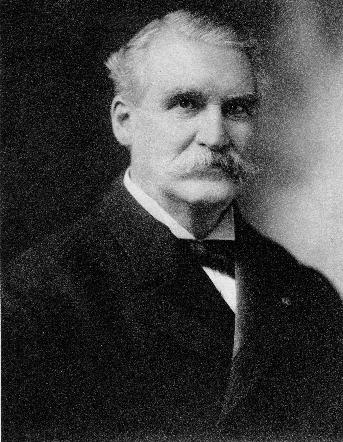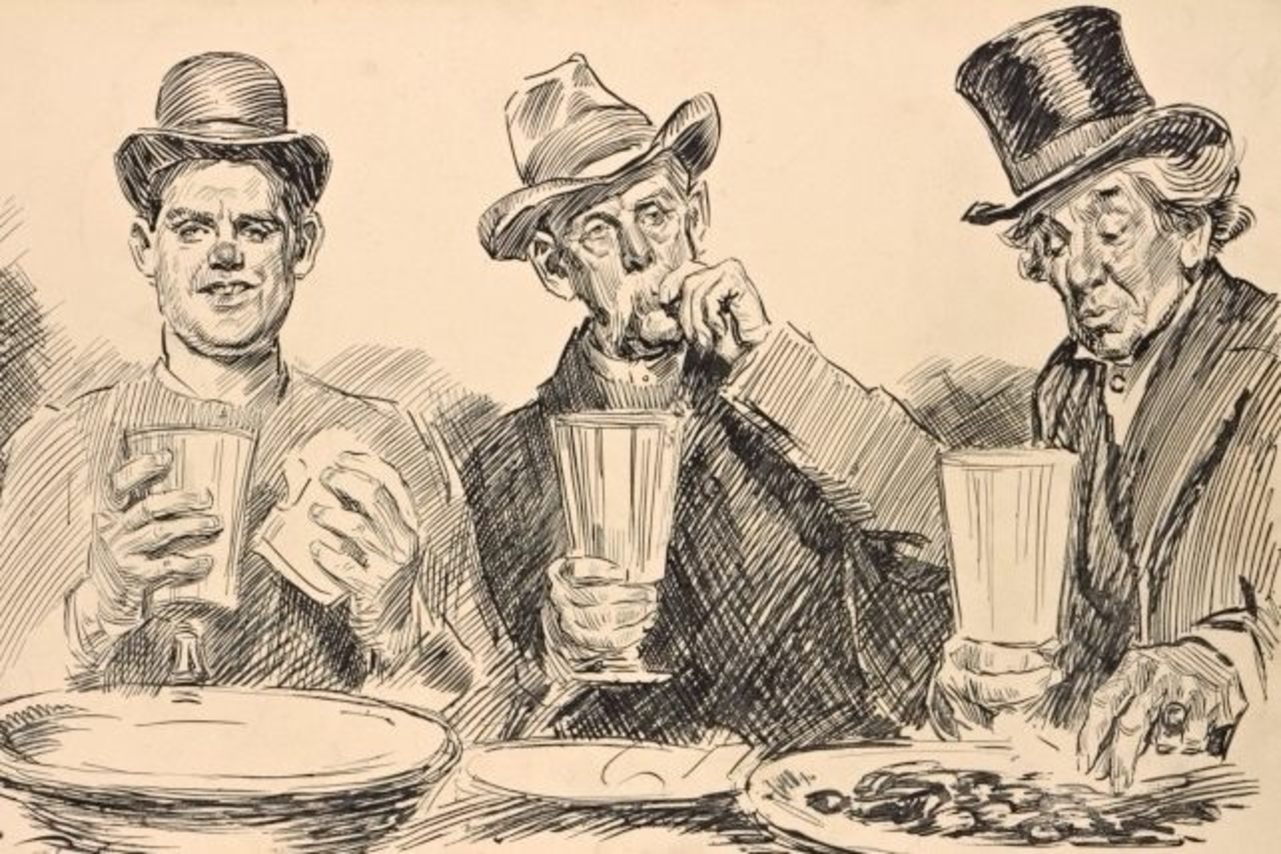The Raines Sandwich
You all know (or think you know) the story of the sandwich. It was, per the story, the invention of the Earl of Sandwich.
Sandwich is an historical town in Dover, England. In old Anglo Saxon, “wich” means dwelling or place where trading takes place The town of Sandwich literally means market town on sandy soil.

The Earl of Sandwich is noble title for House of Montagu, first created in 1660 for Admiral Edward Montagu. The 4th Earl, John, was among other things First Lord of the Admiralty, meaning he was the political head of the British Royal Navy.
The earl may or may not have been much of a sailor, but he was a gambler and a card player. When he was engrossed in a card game, he would not stop for a meal. Instead, he told his servants to put meat on bread so he could eat while playing cards. (Of course he could not have done this himself, and needed servants to do it). Others in the card game liked the idea, and said “I’ll take the same as Sandwich”.
For centuries before, other cultures enjoyed meats and cheeses between layers of bread. But the name “sandwich” caught on, thanks to the earl in the late 18th Century. (It’s a good think he was referred to as “Sandwich”, rather than “Montagu”. I don’t know if I could eat a peanut butter and jelly montagu.)
Personally, putting something between slices of bread seems like a no-brainer. I would much rather hear the story about the guy who invented bread.
This musing was sparked by an article I saw online last week, under the headline referring to the “world’s worst sandwich”. I thought it was going to be a story about a baloney sandwich but, it turned out, it was about a much worse sandwich.
Truth be told, the story wasn’t about a sandwich at all. It was yet another story about a futile legislative attempt to legislate morality – of course not the morality of the legislators, but the morality of others.
The bad morality which required legislation was that of drinking.
In the late 19th and early 20th centuries, before enough votes for total prohibition of alcohol, legislators nibbled away at the edges. These were often called blue laws which, for example, restricted certain activities on Sundays. Blue laws were a disparaging reference to strict moral codes, dating back to Oliver Cromwell’s supporters who wore blue stockings in the British Parliament.

An example of this came out of New York in 1896. The legislature, controlled by rural and small town church goers, passed legislation known as the Raines Law. John Raines was a Finger Lakes region senator who wrote the law. Among other things, the law prohibited sale of alcohol on Sundays and required saloons to keep the curtains open on Sundays so passing patrolmen could check.
There were multiple problems with this. Most workers at the time worked six days per week and Sundays were their only day off. The Raines Law prohibited them from going to the pub on the only day they could go to the pub! This was particularly infuriating to New York City’s huge population of German and Irish immigrants.
But in the eyes of the legislators, the problem wasn’t the affect the law had on New York City’s working people. The law was indeed intended to restrict the pastimes of working people.
The problem was that the Raines Law affected the lives of New York’s wealthy people!
The wealthy were used to going out on Sundays, since that was the one day each week in which their servants had a day off. The wealthy couldn’t be expected to cook, or to do the dishes, or to clean up after themselves. The wealthy instead went to the fancy restaurants in New York’s many hotels, enjoying a drink or two with their meals
Of course, the legislature had no desire to regulate the morality of the wealthy. So the Raines Law had exceptions. One was a blanket exception for hotels, where it was legal to serve liquor seven days a week. The other exception was for lodging houses with 10 or more rooms, which could likewise serve drinks seven days per week along with a complimentary meal.
New York saloons had a difficult time with the Raines Law, but only for a couple of weeks. They then came up with legal solutions.
Saloons converted store rooms and attic space into rooms. These were small rooms, and it didn’t take much space to create ten rooms. With a cot or mattress in each one, the saloon became a lodging house. As such, they could serve drinks on Sundays, so long as they also provided a complimentary meal.
The result was the Raines Sandwich – the world’s worst sandwich!
The Raines Sandwich was, in fact, never intended to be eaten. It was a slab of something or other thrown on a piece of bread, served along with a pint of beer. As soon as it was served, the wait staff took away the sandwich and delivered it to someone else, along with a pint of beer. The same sandwich was passed around from table to table all Sunday long, and sometimes kept for service on the following Sunday.
Eugene O’Neill called it “an old dessicated ruin of dust-laden bread and mummified meat or cheese”. It was indeed the world’s worst sandwich.
Raines and other Albany legislators were aghast at this, and blamed New York City police and prosecutors for failing to enforce the law. Law enforcement had to deal with other issues, more pressing than Sunday drinking. Their attitude was quite simple – the law says the establishment must serve a meal, and a sandwich is a meal. The law doesn’t say the meal has to be any good.
The Raines Law led to a lot more than bad sandwiches. It led to more hotels in New York.
Brooklyn, which was a separate city at time, had 13 hotels when the Raines Law was enacted. The number went up to 800 in six months.
No travelers ever stayed in any of these new hotels. That doesn’t mean they weren’t used, and forcing saloons to become hotels did have some unintended consequences. For one, it created a safe haven for prostitution. For another, it provided a meeting place for “unmarried couples”.
One of my favorite parts of this story is Senator Raines’ place in history. He was an upstate New Yorker trying to curb drunkenness in New York City, and his name is attached to the world’s worst sandwich.
I wish I knew who first thought of the idea of the Raines Sandwich. I have a great deal of admiration for the guy.
